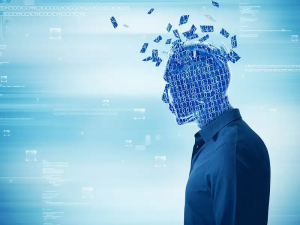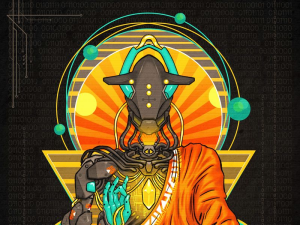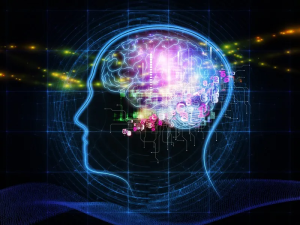
Artificial Intelligence (AI) is transforming the world as we know it. From mundane tasks to complex problem-solving, AI is permeating every aspect of our lives. This revolutionary technology is no longer confined to the realm of science fiction; it has become an integral part of our reality, shaping industries, improving efficiency, and enhancing the quality of life. As we embrace the power of AI, it is essential to explore the far-reaching implications of this technology on society, ethics, and the potential it holds for empowering humanity.
- Enhancing Productivity and Efficiency
AI has proved to be a game-changer when it comes to productivity and efficiency. By automating repetitive and time-consuming tasks, businesses can focus on higher-value activities. In industries like manufacturing, AI-powered robots and systems optimize production processes, reduce errors, and enhance output quality. Additionally, AI-driven data analysis allows companies to make data-driven decisions, identify patterns, and predict trends, leading to improved performance and competitiveness.
- Revolutionizing Healthcare
AI is revolutionizing the healthcare sector, offering significant advancements in diagnosis, treatment, and personalized medicine. Machine learning algorithms can analyze vast amounts of medical data, helping doctors make accurate diagnoses and treatment plans. Moreover, AI is empowering medical professionals with virtual assistants that streamline administrative tasks, allowing them to dedicate more time to patient care. With AI’s ability to identify potential drug candidates and expedite clinical trials, we are witnessing accelerated progress in medical research.
- AI and Education
In the realm of education, AI holds great promise for personalized learning experiences. Adaptive learning platforms can tailor educational content to individual students’ needs, ensuring optimized learning paths and better retention rates. Furthermore, AI-powered chatbots can provide instant academic support, answer queries, and assist students in their learning journey. By integrating AI into education, we can bridge learning gaps, cater to diverse learning styles, and create a more inclusive and accessible learning environment.
- AI and Sustainability
In the face of environmental challenges, AI plays a crucial role in promoting sustainability and reducing humanity’s ecological footprint. Smart grids driven by AI algorithms help optimize energy consumption and distribution, leading to more efficient use of resources and reduced carbon emissions. Additionally, AI-powered predictive models aid in environmental monitoring, early warning systems for natural disasters, and sustainable urban planning. By harnessing AI for sustainability, we can create a greener and more sustainable future.
- The Ethical Implications
As AI continues to advance, ethical considerations become paramount. Issues such as bias in algorithms, data privacy, and job displacement warrant careful attention. Developers and policymakers must collaborate to create ethical AI frameworks, ensuring fairness, transparency, and accountability in AI systems. Moreover, promoting diversity in the AI workforce will lead to more inclusive and unbiased AI solutions.
- AI and Creativity
Contrary to fears that AI will replace human creativity, it has the potential to augment and amplify our creative capabilities. AI-generated art, music, and literature are already gaining recognition. Artists and designers can leverage AI tools to explore new ideas, enhance their creative process, and push the boundaries of their artistic expression. The synergy between human creativity and AI innovation can lead to groundbreaking creations that enrich our cultural landscape.
Conclusion
Artificial Intelligence has evolved from a visionary concept to an indispensable reality that is transforming industries and improving the lives of individuals worldwide. Its potential to enhance productivity, revolutionize healthcare, revolutionize education, promote sustainability, and empower creativity is unprecedented. However, we must approach AI development and implementation with a strong ethical foundation, ensuring that the technology benefits all of humanity without leaving anyone behind. By harnessing the power of AI responsibly, we can navigate the complexities of the AI revolution and create a future where humanity thrives hand in hand with technology.







